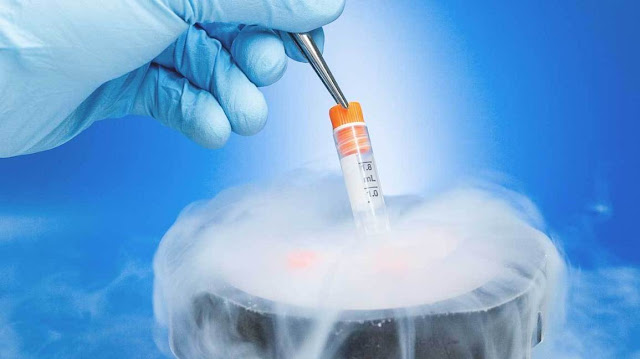In the life of a woman, being a mother is probably the most important event and a natural phenomena. Since the cases of infertility in couples are increasing significantly, medical experts have deviated their focus from female fertility to the male’s one. Multiple studies and researches have found sperm anomalies to be the sole or contributing factor for difficulties in pregnancy. Thus, understanding semen analysis is a right way to curb the problem of infertility in a broader sense.
Dr Gautam Allahbadia, who is a senior endocrinologist with over two decades of experience in the field, says “A normal sperm count goes anywhere between 15 million sperm to more than 200 million sperm per millilitre (mL) of semen. Anything less than 15 million sperm per millilitre, or 39 million sperm per ejaculate, is considered low.” The fertility doctor holds the distinction of opening one of the first sperm banks in India. He is of the opinion that male infertility diagnosis and treatment facilities have improved considerably, but there is room for more awareness and development in the field.
Talking about sperm evaluation, the specialist informs that in case of low sperm count, the semen analysis measures three major factors of sperm health:
- Sperm’s number and motility (ability to move)
- their morphology (size and shape)
- the volume and consistency of the patient material
- Theoretical review of semen evaluation
The process of semen analysis is performed through the male patient masturbating and ejaculating into a sterile cup. A healthy sperm is of high importance when you’re trying to conceive either naturally or through IVF. In addition, healthy sperm also measures the overall health of a patient as well as the possible causes of infertility, if any.
- Sperm count improvement
There are chances that the sperm count is low after evaluation. In this case medical intervention becomes a necessity. It is advised that you consult a fertility expert or a urologist. These lifestyle transformations can also work in an astonishing way;
- Physical exercise for losing extra weight
- Adopting a healthy lifestyle
- Increase the intake of vitamins and other supplements.
- Routine blood test to check for vitamin deficiencies.
- Avoid alcohol and tobacco, since they are substantiating factors behind a low sperm count.
- Low Sperm count in relation with IVF
A man fails to produce a sufficient quantity of sperms in the case of sub-optimal sperm production. The low sperm male partner has the option to opt for the treatment of intracytoplasmic sperm injection (ICSI). In this method, the sperm can be directly injected in the egg. Intrauterine insemination (IUI), artificial insemination and IVF are other ways to deal with low sperm count.
“Intracytoplasmic sperm injection, or ICSI, is a more targeted method of IVF aimed at helping men who have fertility problems, such as low sperm count or poor sperm motility. This procedure covers extracting a spermatozoon from a sample of semen or by a testicular biopsy to select the most appropriate sperm,” explains another fertility expert at CHA Fertility Centre.
There are several factors that lead to infertility and thus, it is very important that one undergoes timely fertility tests. Experts suggest assisted pregnancy if male factor infertility is the issue.





No comments:
Post a Comment